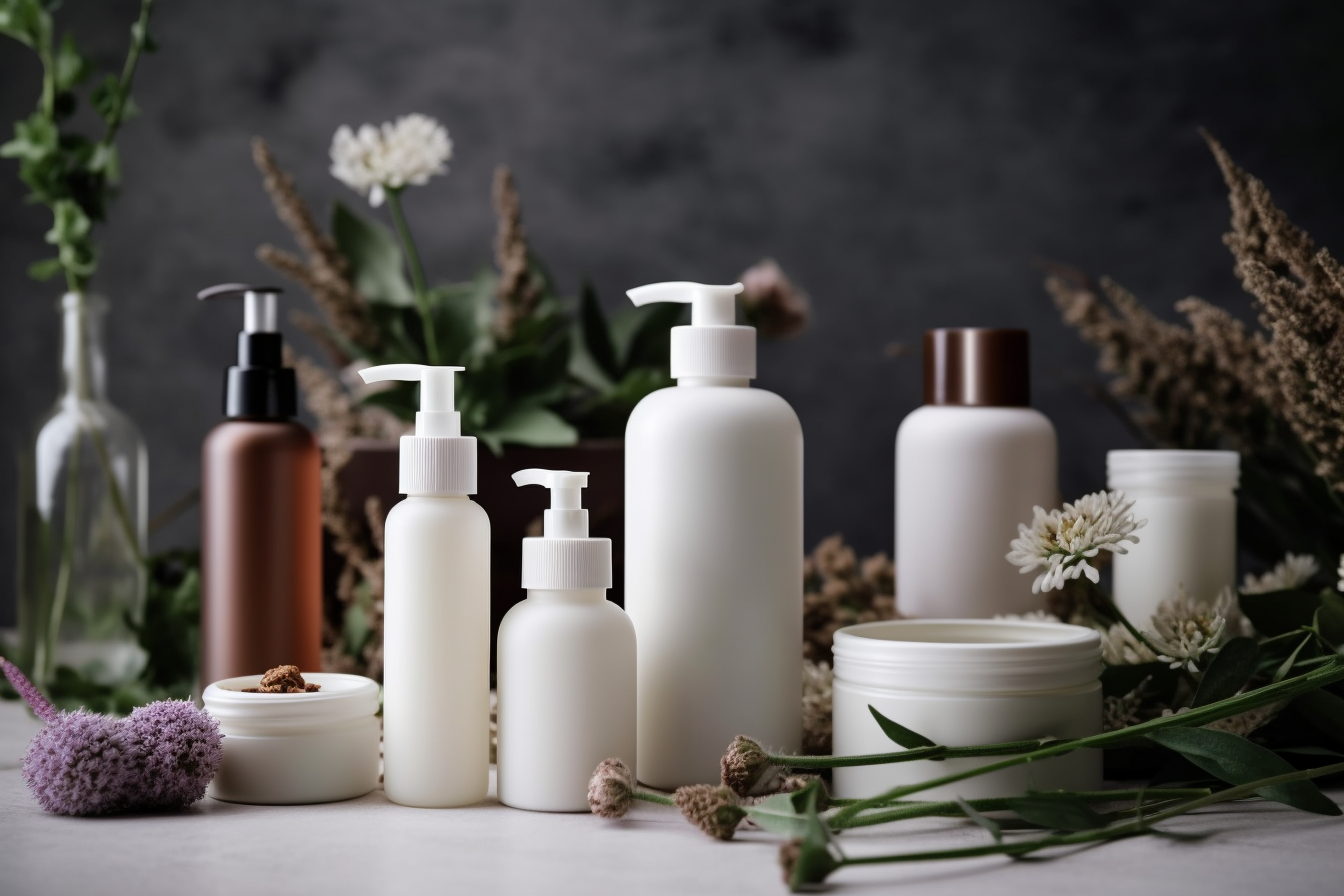The beauty industry has seen a significant shift in recent years towards more ethical, sustainable, and cruelty-free practices. One key player in this movement is vegan cosmetic manufacturing. As consumers increasingly seek out products that align with their values, vegan cosmetics offer an enticing alternative to traditional options. In this article, we’ll delve into the world of vegan cosmetic manufacturing and explore its impact on the beauty industry.
The Rise of Vegan Cosmetics
According to market research conducted by Brandessence Market Research, the global vegan cosmetics market is expected to grow at a compound annual growth rate (CAGR) of 6.5% from 2020 to 2027, reaching a projected value of $25.3 billion by the end of the forecast period. This growth can be attributed to a number of factors, including increased awareness about animal testing, a desire for ethical products, and growing concerns over the environmental impacts of conventional cosmetics.
Vegan cosmetics, as the name suggests, are free from any animal-derived ingredients. These products adhere to strict guidelines for ingredient sourcing and typically avoid all forms of animal testing. As a result, they hold great appeal for consumers who prioritize animal welfare and environmental sustainability.
Manufacturing Challenges and Innovations
While the demand for vegan cosmetics continues to rise, manufacturers face a unique set of challenges when it comes to creating these products. Finding suitable alternatives to common non-vegan ingredients can be a difficult task, as some substitutes may not offer the same performance or quality that consumers expect from their cosmetics.
Finding Substitute Ingredients
One major challenge faced by vegan cosmetic manufacturers is finding suitable replacements for animal-derived ingredients, such as beeswax, lanolin, and collagen. These substances have long been used in traditional cosmetics for their unique properties, but they are off-limits when it comes to vegan formulations. Manufacturers must source alternative ingredients that can mimic the effects of these animal-derived components without compromising on quality or performance.
Thankfully, the industry has seen significant advancements in this area. For example, candelilla wax is an effective plant-based alternative to beeswax, while plant oils like shea butter can replace lanolin. Synthetic peptides can be used as a replacement for animal-derived collagen, offering similar benefits for skin health and appearance.
Ensuring Cruelty-Free Practices
In addition to using vegan-friendly ingredients, manufacturers must also ensure that their products are not tested on animals at any stage of production. This involves finding alternative testing methods for product safety and efficacy, such as in vitro testing, which uses human cells and tissues instead of live animals.
Collaboration with cruelty-free certification bodies like Leaping Bunny and PETA’s Beauty Without Bunnies program can help guide manufacturers through this process and provide assurance to consumers that their products meet strict cruelty-free standards.
Big-name Brands Embracing Vegan Cosmetics

With consumer demand for vegan cosmetics on the rise, even major players in the beauty industry are taking notice and adapting their offerings accordingly. Brands like L’Oréal and Urban Decay Cosmetics have made significant strides towards incorporating vegan options into their product lines.
L’Oréal’s Commitment to Sustainability
As one of the leading cosmetics companies worldwide, L’Oréal has taken substantial steps to incorporate sustainability and ethics into its business practices. This includes investing in research and innovation to find suitable vegan alternatives for popular products, ensuring that new launches adhere to strict cruelty-free guidelines. L’Oréal has also pledged to improve the environmental impact of its products by using more renewable ingredients and reducing waste in its packaging.
Urban Decay Cosmetics Goes Vegan
Renowned for its edgy, high-quality products, Urban Decay Cosmetics has been a trailblazer in the vegan cosmetics movement. The brand offers a wide range of vegan options across various product categories and holds PETA’s Beauty Without Bunnies certification. With an ever-growing fan base, Urban Decay demonstrates that it is possible to create innovative, high-performance cosmetics without compromising on ethics or sustainability.
Can a Cosmetics Manufacturing Expertise Include Vegan Products?
Can a cosmetics manufacturing expertise include vegan products? Absolutely. The beauty industry has evolved to cater to the growing demand for vegan products. Companies now employ cosmetics manufacturing techniques that eliminate the use of animal-derived ingredients. From cruelty-free testing to plant-based formulations, these expertise-driven manufacturers are creating vegan-friendly cosmetics that align with the ethical choices of consumers.
Vegan Cosmetic Manufacturing: A Promising Future
The increasing demand for ethical, sustainable, and cruelty-free beauty products continues to drive growth in the vegan cosmetics market. As manufacturers rise to meet these demands, they are faced with unique challenges and opportunities for innovation in ingredient sourcing and testing methods.
The commitment shown by both small-scale start-ups and industry giants like L’Oréal and Urban Decay Cosmetics highlights the potential for vegan cosmetic manufacturing to shape the future of the beauty industry. By embracing these ethical and sustainable practices, manufacturers have the opportunity to reach a wider audience and contribute positively to our planet’s well-being.
